Zoology IAS Mains Question Paper 2021:
There are Eight questions divided into Two Sections. Candidate has to attempt Five questions in all. Questions no. 1 and 5 are compulsory and out of the remaining, any Three are to be attempted choosing at least One question from each section.
| Zoology IAS Mains Question Paper- I: |
Section- A:
1:- Write notes in about 150 words each for Q. Nos. 1(a) to 1(d) and answer Q. No. 1(e): (10 x 5 = 50)
(a) Canal system in sponges.
(b) Nematocysts of Aurelia.
(c) Trochophore larva and its evolutionary significance.
(d) Origin of tetrapods.
(e) Draw a well-labelled diagram of avian brain.
2:- (a) What is metamorphosis? Describe the hormonal regulation of metamorphosis in insects. (20)
(b) What is alternation of generations? Illustrate this phenomenon with life history of Obelia. (15)
(c) Describe the structure and functions of internal ear in mammals. (15)
3:- (a) What is hypothalamo-pituitary axis? Draw a well-labelled diagram of pituitary gland and describe the functions of its hormones. (20)
(b) Define nephridium. Describe the various types of nephridia found in Pheretima. (15)
(c) Describe the respiratory organs and mechanism of respiration in Pila. (15)
4:- (a) Define double circulation. Give a comparative account of heart in reptiles, birds and mammals. (20)
(b) Describe habitat, habits and life history of Branchiostoma. (15)
(c) Give an illustrated account of life cycle of Leishmania. (15)
Section- B:
5:- Write notes on the following in about 150 words each: (10 × 5 = 50)
(a) Vermiculture.
(b) FISH.
(c) Biological clock.
(d) Ecological succession.
(e) Biodiversity hotspots.
6:- (a) Define correlation. Explain its types and methods of computing coefficient of correlation. (20)
(b) Write a note on ecological pyramids with suitable examples. (15)
(c) What are pheromones? Discuss their role in insects. (15)
7:- (a) What is transgenesis? Describe the methods and applications of transgenesis in animals. (20)
(b) Describe the principle and applications of polymerase chain reaction (PCR). (15)
(c) Explain the process of learning and memory in animals with suitable example. (15)
8:- (a) Define ecosystem. Discuss the structure and functions of ecosystem. (20)
(b) What is apiculture? Describe the various methods of beekeeping and also add a note on the uses of honey. (15)
(c) Differentiate between SEM and TEM. (15)
| Zoology IAS Mains Question Paper- II: |
Section- A:
1:- Write your answer in about 150 words for each of the following: (10 x 5 = 50)
(a) Describe the requirement of proteins for the initiation of transcription in an eukaryote.
(b) What is modern concept of gene? Describe the test of allilism with suitable example.
(c) Define mimicry. Discuss the types of mimicry with suitable examples.
(d) Describe the use of molecular techniques in animal taxonomy.
(e) What is cladistics? Discuss the international code of biological nomenclature.
2:- (a) What is cell cycle? Draw an overview of molecular events during cell cycle. Discuss the role of protein kinases in the regulation of meiotic cell cycle. (20)
(b) Lysosomes are polymorphic, justify. Draw a diagram representing the dynamic aspect of lysosome system. Write down the functions of lysosomes. (15)
(c) Glycoproteins are asymmetrically distributed in a plasma membrane, explain. Give an overview of membrane function. (15)
3:- (a) What is chromosome mutation? Describe various types of polyploidy with suitable examples. Add a note on phenotypic effects of polyploidy. (20)
(b) What is chromosome theory of linkage? Describe the methods for determination of linkage using suitable examples. (15)
(c) What is Mendel’s dihybrid cross? Discuss the mechanism of independent assortment using suitable example. (15)
4:- (a) What is isolation? Describe the major isolating mechanisms which lead to speciation. (20)
(b) Enlist theories of origin of life. Explain the theory of biochemical evolution proposed by Oparin and Haldane. (15)
(c) What is fossil data? Discuss the chronological order of human evolution with suitable examples. (15)
Section- B:
5:- Write your answer in about 150 words for each of the following: (10 x 5 = 50)
(a) Fatty acids regulate the nature of lipids, justify.
(b) Define coenzyme. Explain the role of coenzymes in the regulation of metabolic reactions by giving suitable examples.
(c) Explain the respiratory regulation of acid-base balance.
(d) Describe the rapidly acting synaptic transmitters with suitable examples.
(e) What is sperm capacitation? Describe the method of mammalian sperm capacitation in vitro.
6:- (a) What are peptide hormones? With the help of schematic diagram, discuss the epinephrine cascade for the glucose release from hepatocytes. (20)
(b) Cyclic AMP is a second messenger, justify. Discuss the importance of cyclic AMP in intracellular signal transduction with suitable example. (15)
(c) What is bioenergetics? Discuss the role of second law of thermodynamics in energy transduction. (15)
7:- (a) Explain the basic stimuli causing pancreatic secretion. Discuss the role of pancreas in major food digestion. (20)
(b) Explain the transport of oxygen in blood. Discuss the factors that shift oxygen-hemoglobin dissociation curve. (15)
(c) Describe the functional anatomy of cochlea with suitable diagram. Write down the functions of organ of corti. (15)
8:- (a) What are morphogens? Describe the cellular differentiation during morphogenesis. (20)
(b) What are gap junction proteins? Discuss the roles of connexins in cellular interaction. (15)
(c) What is primordial germ cell? With the help of suitable diagram, discuss the process of oogenesis. (15)
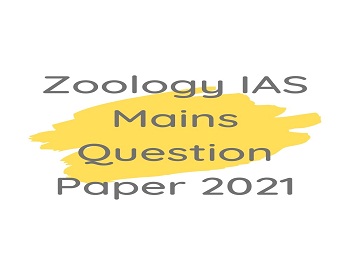
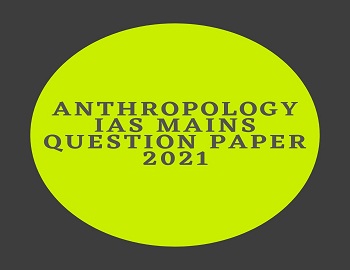
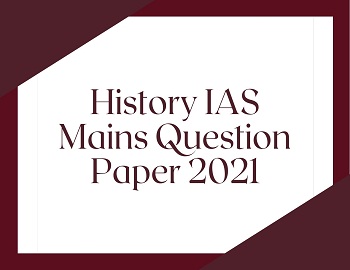
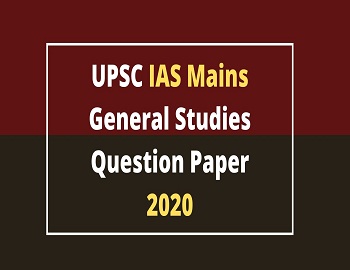
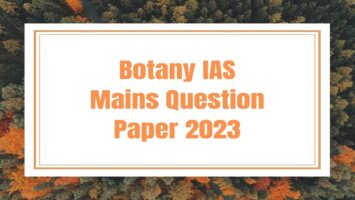

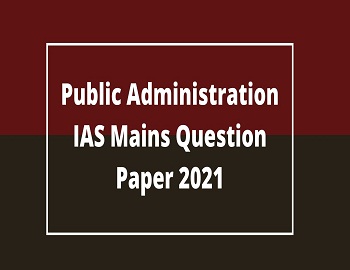

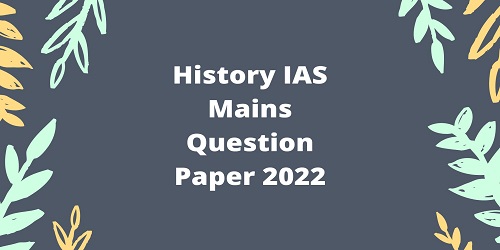
Comments (No)